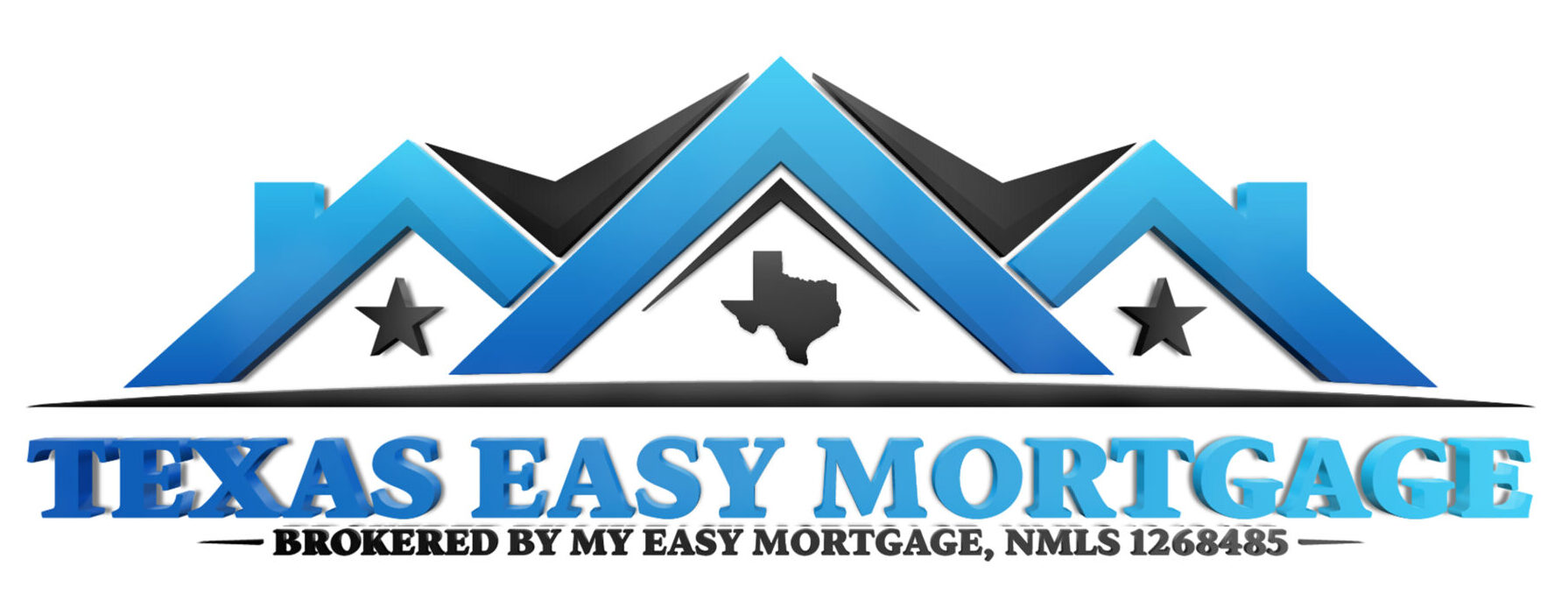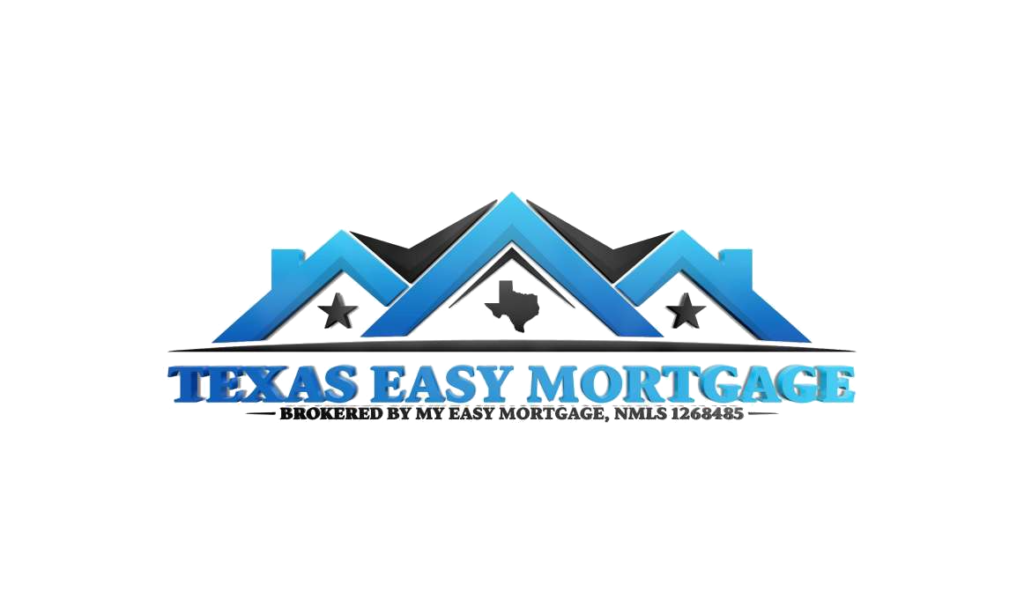WE’RE HERE TO HELP YOU
Get a Home Purchase Loan
A home purchase loan is a type of loan that is used to finance the purchase of a home. This can include a mortgage, which is a type of home purchase loan that is secured by the property being purchased.
What is a Home Purchase Loan?
A home purchase loan, as the name implies, is a type of mortgage loan that individuals use to purchase a home. It’s essentially the key that opens the door to homeownership for many people, as few have the financial means to buy a home outright with cash. In simpler terms, a home purchase loan is money borrowed from a financial institution to pay for a house, which you then repay, with interest, over a predetermined period.
Let’s illustrate this with an example. Suppose you want to buy a house that costs $300,000, but you only have $60,000 available for the purchase. A home purchase loan can help bridge this gap. You could apply for a mortgage loan of $240,000 from a bank or other lender to cover the rest of the cost. This means the lender provides the $240,000 for the home purchase, and you repay this amount, plus interest, over a set period, typically 15 to 30 years.
The repayment schedule is usually in the form of monthly installments. These installments are composed of a portion of the original loan amount, or the principal, and the interest accrued. The interest rate can be either fixed, meaning it stays the same over the life of the loan, or adjustable, meaning it can change over time based on market conditions.
One crucial point to remember is that the house you buy with the loan serves as collateral for the loan. This means if you fail to make your loan repayments, the lender has the right to seize your house, through a process called foreclosure, and sell it to recover their money.
While home purchase loans make homeownership achievable for many, it’s important to carefully consider your financial situation and the type of loan you choose. Different types of home loans come with different terms, interest rates, and requirements. For example, a conventional loan might require a higher down payment and credit score than an FHA loan. It’s always a good idea to consult with a mortgage professional to understand your options and choose a loan that best fits your financial circumstances and homeownership goals.


